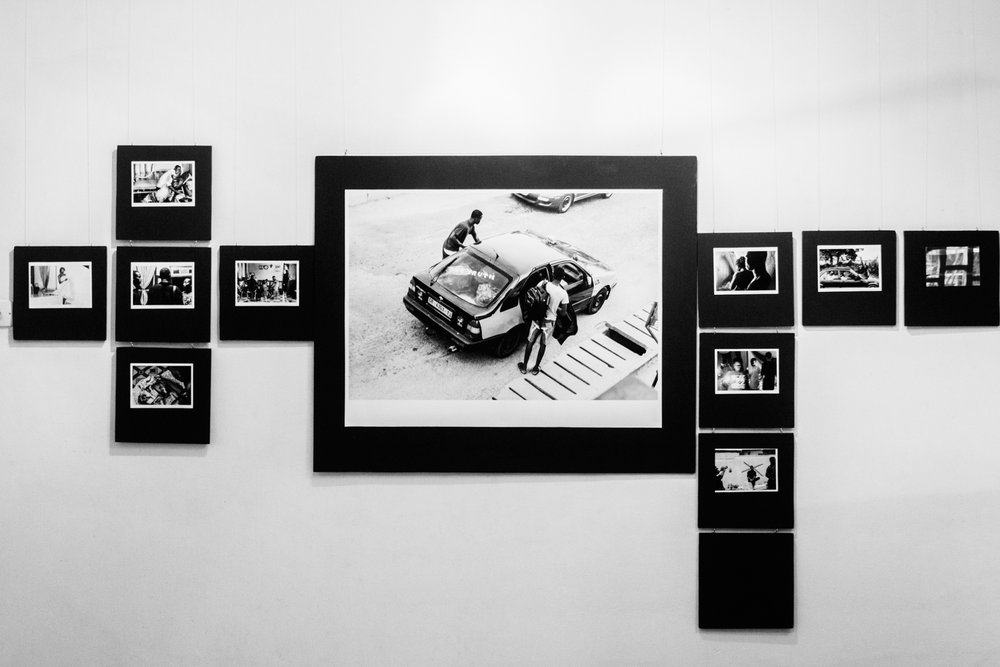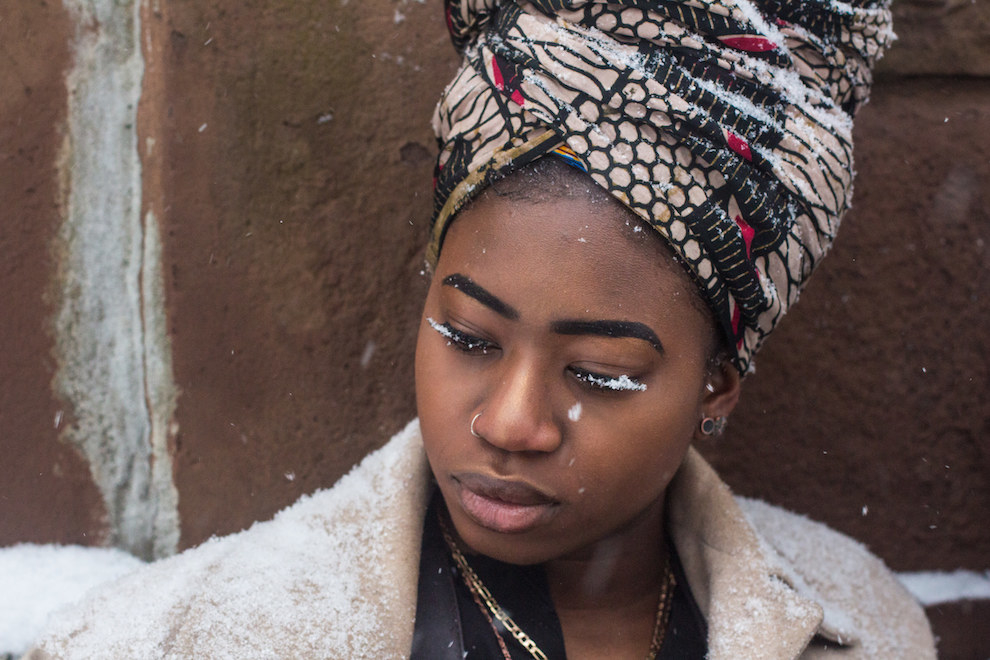It’s impossible to be both African and queer.
That’s what many conservative African parents tell their children. Being gay is a sinful choice. It’s just not possible. It is, as the Limit(less) project explored, “un-African.”
Through the Limit(less) project, photographer Mikael Owunna set out to talk to queer African expats living abroad in countries like the U.K. and Norway, who were struggling to reconcile being queer with being African in a foreign country.
Through the “Just Like Us” project, photographer Eric Gyamfi stays closer to home. He focuses on Ghanaians living in Ghana, where same-sex activity is still illegal.
The driving idea behind Gyamfi’s photo project is normativity. He wants to prove that queer people aren’t defective. They’re normal. They eat breakfast. They go to school. They shop for groceries. They tell bad jokes. They do all of the painfully boring and awkwardly wonderful things that straight people do.
He says,
People who do not understand queerness have a singular notion of what queer people are supposed to be or supposed to look like. So what I came in to do was to show people that queer people are people first and that they cut across all categories of humanness.”
He aims to truly get to know every subject before photographing him, her or them. Before ever snapping a single photo, he spends days or even weeks living with each person. The aim of his project is to capture queer people in everyday life, and the only way to get truly honest photos is to form honest relationships.
Crucially, despite homosexuality being illegal in Ghana, Gyamfi doesn’t focus on that. There are enough photos of sad Africans in the world. He wants to celebrate the fact that queer Ghanaians are living life and loving it. And loving each other.
Western queer activists may have reservations with the project. Normalization, or homonormativity, isn’t the point of being queer – not every queer person wants to be just like every straight person. Many queer radical activists dedicate themselves to fighting against heterosexual standards, and dedicate themselves to breaking down ideas of what sex and gender should be.
But before radical queerness became acceptable in the U.S., queerness had to become acceptable. We must acknowledge that homonormativity played a role in that. Before radical LGBT webseries and marriage equality, there were “safe” shows like Modern Family and Will and Grace. These “safe” images that showed the straight world that queer people weren’t monsters.
And that’s where Gyamfi comes in. In a society where some queer people are considered depraved, it’s radical just to prove that they’re not. For the “Just Like Us” project, normalcy is power.
Check out the project here.




